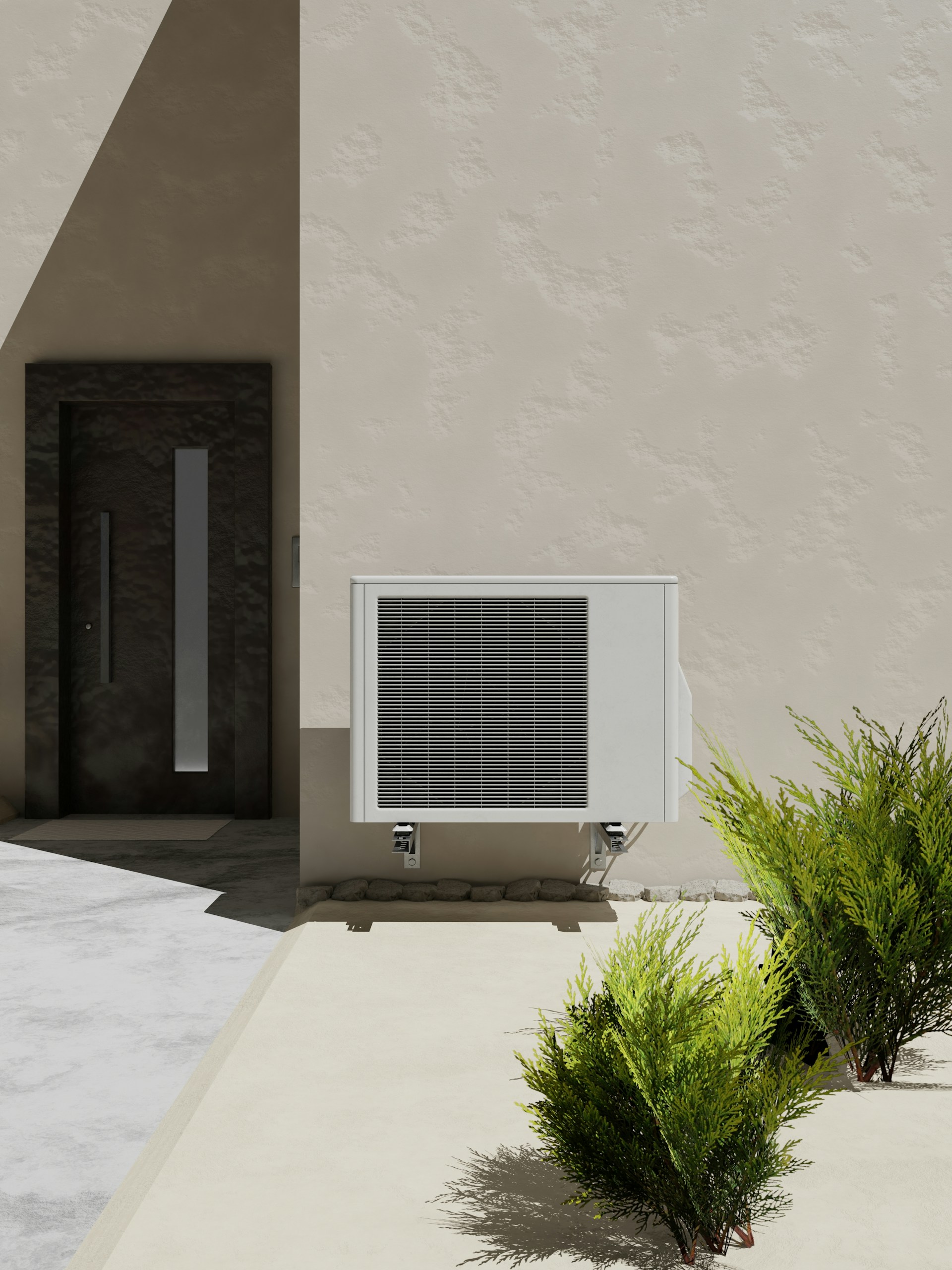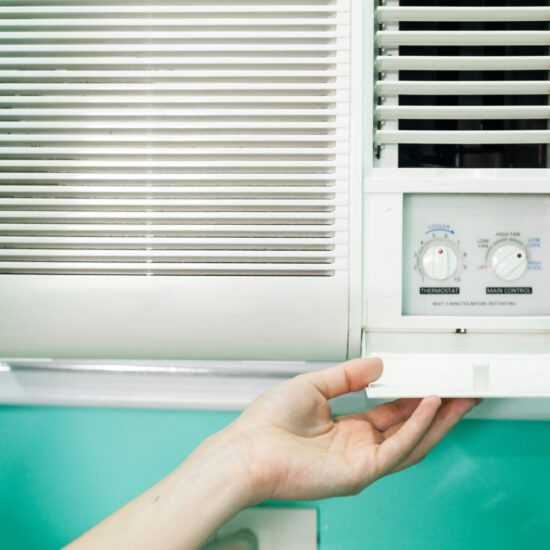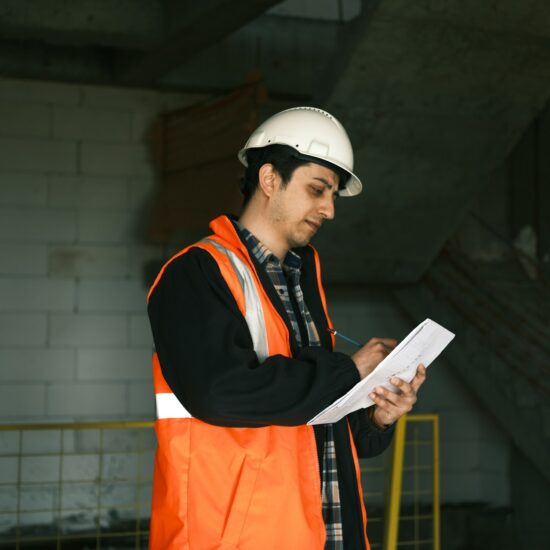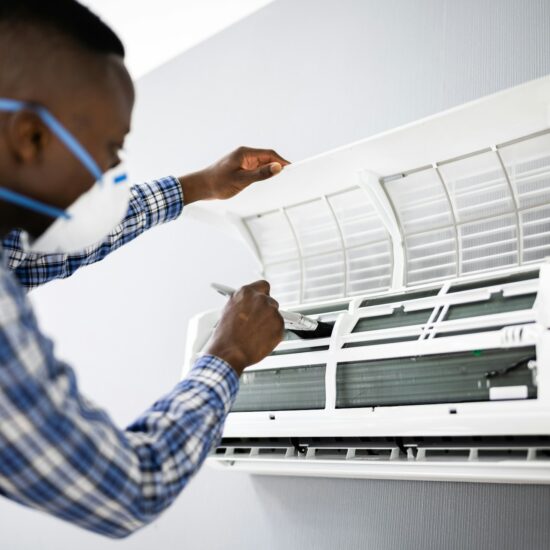Maintaining a comfortable indoor climate is essential for your well-being, which makes regular HVAC servicing a crucial aspect of home care.
Regular HVAC servicing helps ensure the efficiency of your heating and cooling systems, ultimately improving your comfort and potentially lowering energy costs. Neglecting this important task can lead to higher utility bills and unexpected breakdowns, disrupting the peace of your home.
As the seasons change, so does the demand on your system. Now is the perfect time to prioritize HVAC servicing for a more comfortable living environment.
Understanding HVAC Systems
HVAC systems play a crucial role in maintaining comfortable indoor environments. Familiarity with their components and function equips you with the knowledge to make informed decisions regarding HVAC servicing and upgrades.
Components of a HVAC System
An HVAC system consists of several key components that work together to regulate heating and cooling.
- Heating Unit: This could be a furnace or heat pump that generates heat for indoor spaces.
- Air Conditioning Unit: This component cools the air, typically using refrigerant to remove heat from indoors.
- Ductwork: Conducts heated or cooled air throughout your home. Proper insulation within the ducts enhances efficiency.
- Thermostat: Acts as the control center, allowing you to set your desired indoor temperature.
- Ventilation Fans: They circulate air and help maintain good indoor air quality by removing stale air and bringing in fresh air.
Each of these components must function optimally for your HVAC system to perform efficiently.
Types of HVAC Units
There are different types of HVAC units suited to various needs and settings.
- Central Air Conditioning Systems: Often used in larger spaces, these systems provide consistent cooling through ductwork.
- Ductless Mini-Split Systems: Ideal for homes without ductwork, these units offer flexibility and energy efficiency.
- Heat Pumps: Serve dual purposes of heating and cooling, using refrigerant to transfer heat instead of generating it.
- Furnaces: Common in colder climates, they use gas, oil, or electricity to produce heat.
HVAC Maintenance Fundamentals
Regular HVAC maintenance is crucial for the efficiency and longevity of your HVAC system. By implementing both DIY strategies and seeking professional services, you can ensure optimal performance while managing energy costs.
Importance of Regular Maintenance
Regular maintenance of your HVAC system prevents many common issues. By scheduling routine inspections, you can identify problems before they escalate.
Additionally, maintaining ductwork cleanliness can enhance air quality and efficiency. Neglecting maintenance can result in breakdowns that often require costly repairs. Investing time and resources into routine care not only prolongs the life of your system but can also save you money in the long run.
DIY Maintenance Tips
You can perform several simple DIY maintenance tasks.
Start by checking and changing air filters every 1-3 months. Dirty filters reduce airflow and efficiency, impacting your comfort and increasing energy costs.
Next, inspect and clean the outdoor unit. Remove debris like leaves, dirt, and vegetation that can obstruct airflow. Ensure that the area around the unit is clear of obstructions.
Professional HVAC Tune-Up
Scheduling a professional HVAC tune-up is essential. Experts usually assess system components, such as the compressor, condenser, and evaporator coils. They can identify potential issues and perform any necessary adjustments.
Tune-up costs typically vary but are often a worthy investment. This service not only prolongs system lifespan but can also improve energy efficiency significantly.
A professional will also clean the ductwork and check refrigerant levels, which are pivotal for maintaining optimal operation.
Common HVAC Issues and Solutions
HVAC systems can experience various issues that affect their performance and your comfort. Identifying these problems early can save you both time and money.
Dealing With Emergency Service
When your HVAC system fails unexpectedly, emergency service may be required. Factors such as extreme temperatures can exacerbate issues, making immediate service crucial. A typical service call for emergency repairs can cost more than regular maintenance.
Common emergencies include failure of the compressor or fan motor, leading to inadequate heating or cooling.
Repair or Replace: Making the Decision
You might face the challenge of deciding whether to repair or replace your HVAC system. Consider the age of the system, the cost of repairs, and its efficiency. If the system is less than 10 years old, repairing may be more cost-effective.
A good rule of thumb is the 50% rule: if repairs exceed 50% of the unit's value, replacement may be wiser.
Cost-Effective HVAC Repairs
Understanding the average cost of HVAC repairs can help you budget effectively. Basic repairs can range from $100 to $500, depending on the parts and labor involved. For instance, replacing a fan motor might be less costly than a compressor replacement, which could run between $1,200 and $2,500.
To keep costs down, schedule regular maintenance and inspections.
Choosing a Reliable HVAC Service Provider
Selecting a dependable HVAC service provider involves considering the skills and qualifications of the technicians, understanding service contracts, and utilizing reviews to inform your decision.
What to Look for in a Service Technician
When evaluating HVAC technicians, prioritize licensed and insured professionals. A valid license indicates they have met the necessary training and legal requirements. Insurance protects you from liabilities during service.
Additionally, inquire about their ongoing training programs. Reliable technicians stay updated on industry standards and new technologies. Look for companies that provide transparent pricing and detailed estimates, including costs for AC service calls and maintenance.
Understanding Service Contracts and Warranties
A well-structured service contract can save you money and ensure maintenance is performed regularly. Understand the terms of the contract, including what services are included and if there are additional fees.
Warranties are crucial for protecting your investment. Confirm what is covered under both manufacturer and service provider warranties. This includes parts and labor for repairs.
Ask about any discounts available for regular maintenance contracts. These can help mitigate HVAC maintenance costs while ensuring optimal system performance. Knowing the warranty specifics also helps you grasp what you can expect in case of issues.




